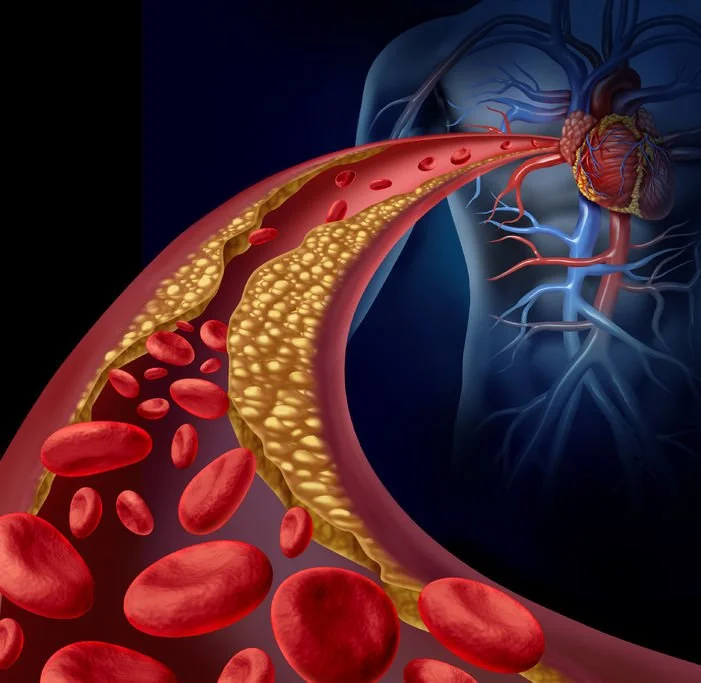Aging is something I think most of us don’t like to dwell upon. If we could we probably all would choose to stay a younger more vibrant version of ourselves. What age would you choose, when do you feel you were your best? I would probably choose 30 myself, still looking and feeling good, but savvy enough to root out the B.S. Frankly we should embrace our advancing age it is both a testament and a gift of a life well lived.
When discussing longevity two terms that come up a lot are lifespan and healthspan. Though there is some overlap, they are different terms. There are those who are attempting to increase their lifespan (how long you’ll live) by replacing bad habits with good ones for instance. In some cases, they are going to extreme measures by trying unproven treatments; think Brian Johnson. The other term, healthspan, is more about maintaining your health and capabilities for as long as possible. For me lifespan without healthspan would just be a no go. Who wants to live a long sickly existence.
The Foundations of Longevity
There are things we can do to improve our healthspan that would likely also extend our lifespan while living better. Top of the food chain would be exercise, the benefits from exercise go beyond the obvious. Exercise improves body composition, metabolic function, immune function, mental health acuity and even significantly lessens the risk of over 17 types of cancer. Nutrition is vitally important not just calories, but in nutrient quality. Fueling your body with what it needs to perform at its best. Reducing stress is another need. Fortunately, exercise can help here also, as well as taking some personal down time or meditating when possible. Then there is sleep. Sleep is more than a commodity it is a necessity. The old “I’ll sleep when I’m dead” will probably lead to an earlier death. Sleep is essential to your wellbeing at any age. This is when your body heals fastest, your brain clears waste products, repairs neural connections and files away the day’s events.
The Heart of The Matter
Beyond the above, anytime we are considering lifespan or healthspan there is a particular place to look first, your heart health. Heart disease is still the number one killer in the world today. Sadly, heart disease is largely preventable or at least curable yet it still takes so many lives. Anyone looking to extend their lifespan or improve their healthspan should start here.
Lipid Blood Tests
We have all likely had blood drawn by the family doctor for one reason or another. At some point, maybe when we reach a certain age, they decide to check our cholesterol levels. The typical test ordered looks at your total cholesterol, your HDl (good cholesterol), LDL bad cholesterol), a ratio of the 2 and maybe a triglyceride (blood fatty acids) level. Whereas this is a good start, it isn’t all the information you ideally need or even the most important at illuminating potential plaque substances or atherosclerosis (the hardening and narrowing of blood vessels).
To fully elucidate whether you may need to consider cholesterol medication you should have a fuller picture of where you currently stand. To get this information you should get a Full lipid assay blood test. Your doctor may not order it on their own, so you should request it. I have had multiple clients with a total cholesterol under 200 mg/dl (the standard) and an LDL only slightly above the 100 mg/dl reference range come back with an elevated Coronary Calcium Score. This is a sign that you have had plaque in your blood vessels long enough for it to begin calcifying. That is the definition of atherosclerosis. Though these people lived a reasonably healthy lifestyle they were already exhibiting heart disease. Genetics also plays a role in your lipid profile, perhaps a very large one.
The Hidden Risks - Sticky lipids
Lp(a) - One particular lipoprotein particle is solely expressed by a genetic marker. Lipoprotein (a) also Lp(a) is pronounced Lp little a, can cause heart disease regardless of lifestyle. This little lipoprotein can do damage all by itself. It can form plaques, make blood sticky forming clots and increases inflammation in the blood vessels. You can be a vegetarian who runs and practices yoga and still die from a heart attack or stroke. Bob Harper a trainer from the show “The Biggest Loser” almost died from a massive heart attack despite his extremely healthy lifestyle. He later learned that the cause was this little-known type of lipoprotein. Lp(a) is tested for in a blood lipid assay test. 25 percent of the population has an elevated score. Lp(a) generally only needs to be tested once because your score will be the same if you are 5 or 50 years old. It doesn’t change. Remember good or bad lifestyle changes will not affect this number. The good news is if it is elevated there are other ways to lower the burden by generally lowering all your other lipid numbers, but first you need to know.
Apo B – The most important lipid and the major cause of atherosclerosis is apolipoprotein B. Sadly, most doctors other than cardiologists know little about Apo B or Lp(a) and therefore don’t test for them. Apo B is a particularly sticky lipid that hitches a ride on LDL cholesterol. This stickiness is what allows it to embed and stick to the blood vessel walls. So even if your total cholesterol number is good, you may have elevated Apo B. The healthy reference range is under 130 mb/dl; however, many cardiologists who are involved in or follow the latest research believe that 70 is a better number. These reference ranges are usually created off of a 5 year risk assessment.
Cholesterol Medications
There are various types of cholesterol medications now available and many work by different means.
1) Statins - Statins are one example and even they come in 2 types Hydrophilic and lipophilic. Hydrophilic work in the liver and lipophilic are fat soluble and can enter other tissues.
2) Ezetimibe - If statins don’t agree with you there is ezetimibe (blocks the absorption of cholesterol in the small intestine.
3) Bembodoic Acid - Bembadoic acid inhibits cholesterol synthesis in the liver.
4) Bile Acid Sequestrants - binds bile forcing the body to use more of the present cholesterol to make more bile thus reducing cholesterol volume.
5) PCSK-9 - the new holy grail of cholesterol medications are PCSK-9 inhibitors. There are 3 PCSK-9 inhibitors and though they work by different means they all block the enzyme pcsk9 therefore regulating LDL receptors in the liver and thus lowering cholesterol levels.
When is the right time to advocate for yourself
Why wait until atherosclerosis has already begun to start treating the patient. Would you wait until a person has cancer to tell them to stop smoking? I prefer to be proactive and to optimize my chances of never having heart disease. You must wait until 40 years of age to get a meaningful coronary calcium score done, but that doesn’t mean you shouldn’t check the driver of that score (your lipid profile) sooner. Doctors are overworked because low insurance reimbursements force them to see more patients and they often don’t have the time to provide more than standard care. You must be your own health advocate. I have found that when you show true interest in your wellbeing and ask intelligent questions doctors respond favorably.
So, if you are looking to improve your lifespan and healthspan, maybe hoping to see your grandkids graduate from college or get married or still enjoying vacationing in your later years then start by eliminating the number 1 robber of vitality. It all starts with a blood test.
References:
https://my.clevelandclinic.org/health/diagnostics/24992-apolipoprotein-b-test
https://my.clevelandclinic.org/health/articles/25226-lipoprotein-a
https://pmc.ncbi.nlm.nih.gov/articles - Hydrophilic or Lipophilic

